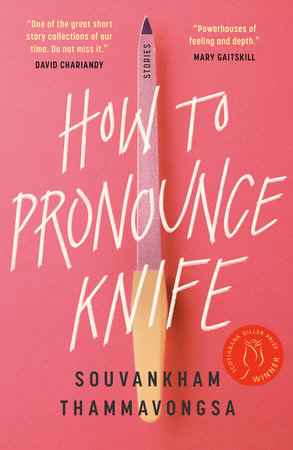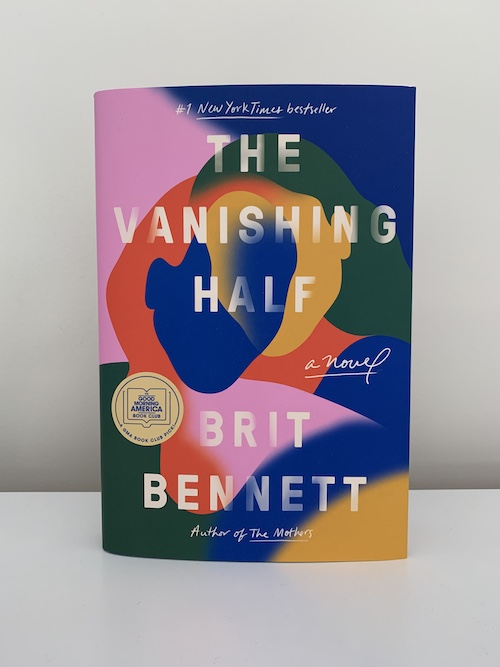
Souvankham Thammavongsa is an amazing writer! This is her fiction debut and each story is a small gem, a rough-cut gem, that is worth attention.
Each story presents a character struggling in some way to setting in Canada. Some are children, some adults, and they all face disappointments, emotional power struggles, and sparks of joy. These are immigrants from Lao and as forgettable as they may be to others—they are bus drivers, nail salon workers, worm pickers—they are unforgettable in these stories.
These are stories about finding your way, and standing your ground.
…At school the next day, my brother and I took out our candies at lunch and displayed them on a table like we were street vendors, telling our friends we went Chick-A-Chee where the houses were gigantic. Our friends had kept to their buildings or to the houses next door or hadn’t gone out at all, so they had only little gum balls or one or two tiny chocolate bars. We had bags and bags of chips, whole chocolate bars, and packs of gum—and there was more waiting for us at home.
page 82, Chick-a-chee!
There is so much praise for this book. All I can say is, yes, yes, yes. Look at who blurbed the book. If you like these authors, you’ll like this collection:
Helen Oyeyemi, author of Gingerbread and What Is Not Yours Is Not Yours
Sheila Heti, author of How Should a Person Be? and Motherhood
Madeleine Thien, author of Do Not Say We Have Nothing (one of my Vancouver Sun Book Club reads)
Sharon Bala, author of The Boat People (also on my to-read list)
